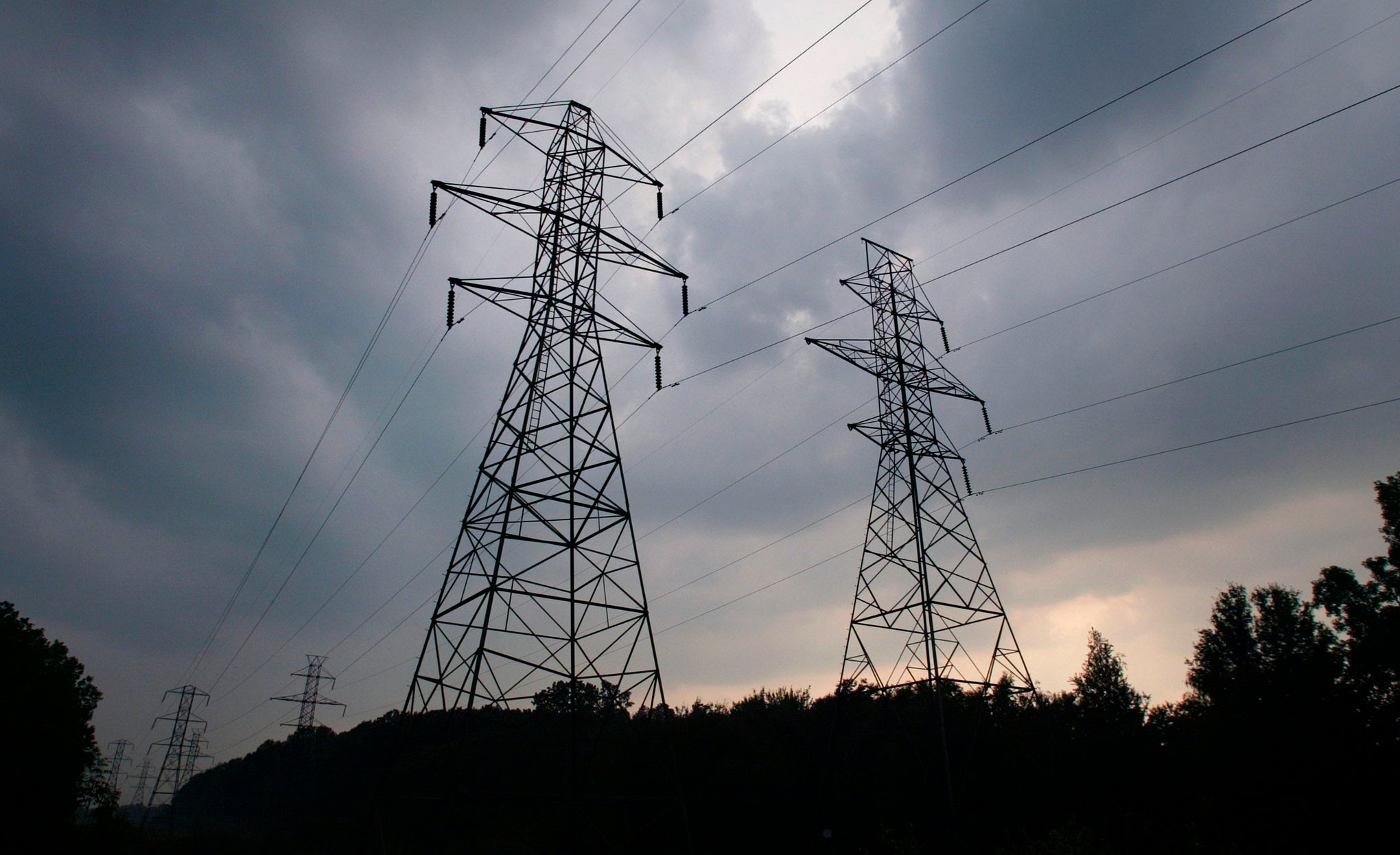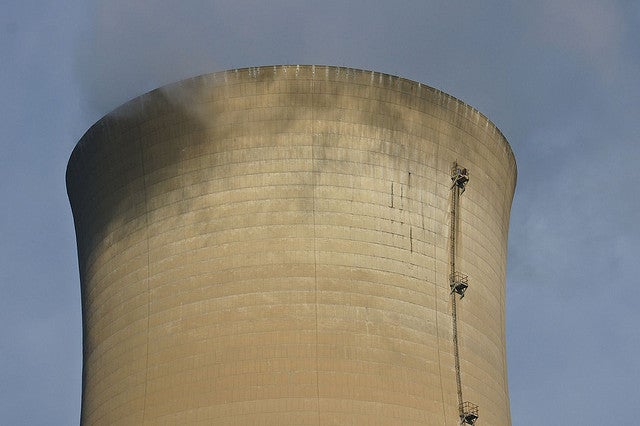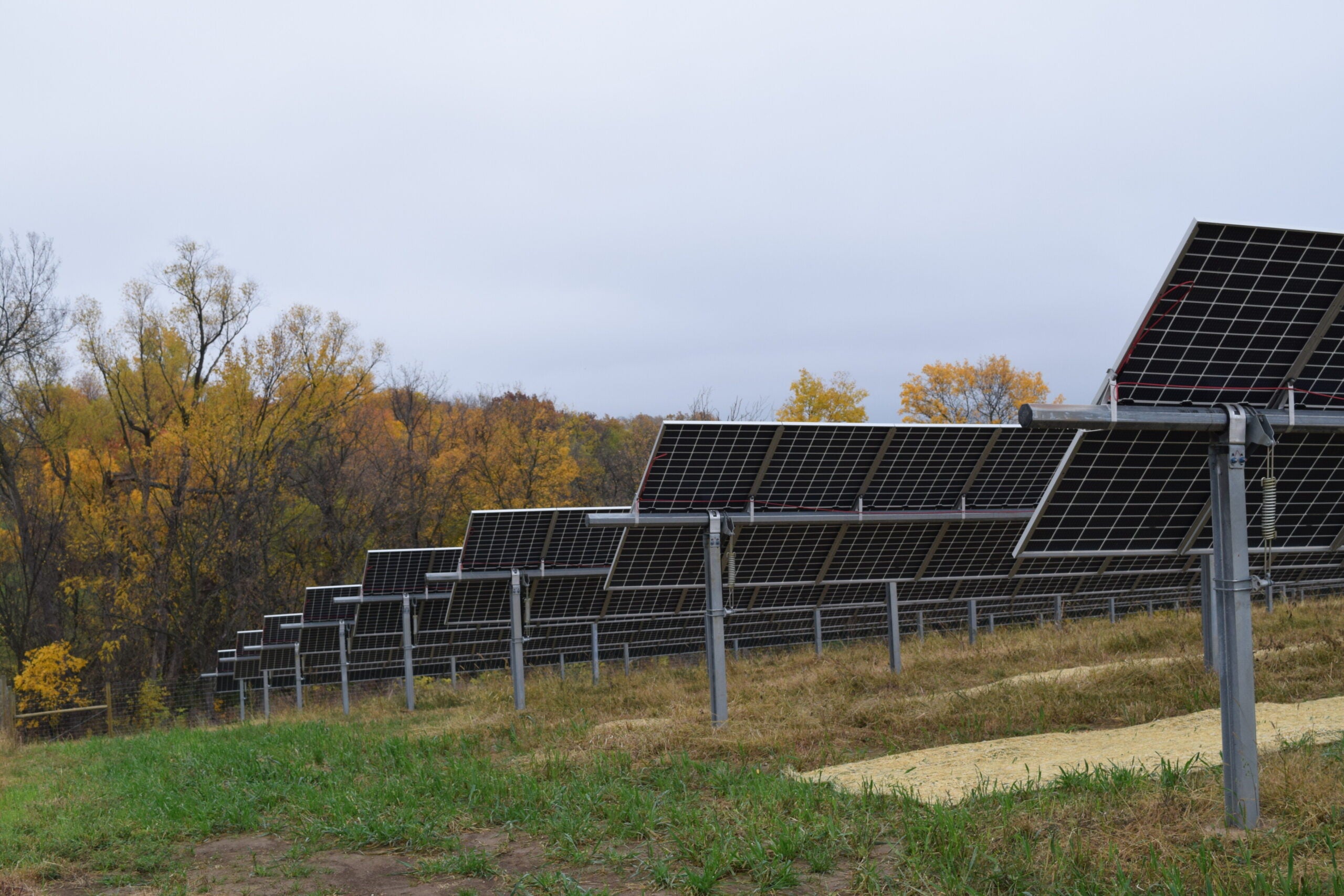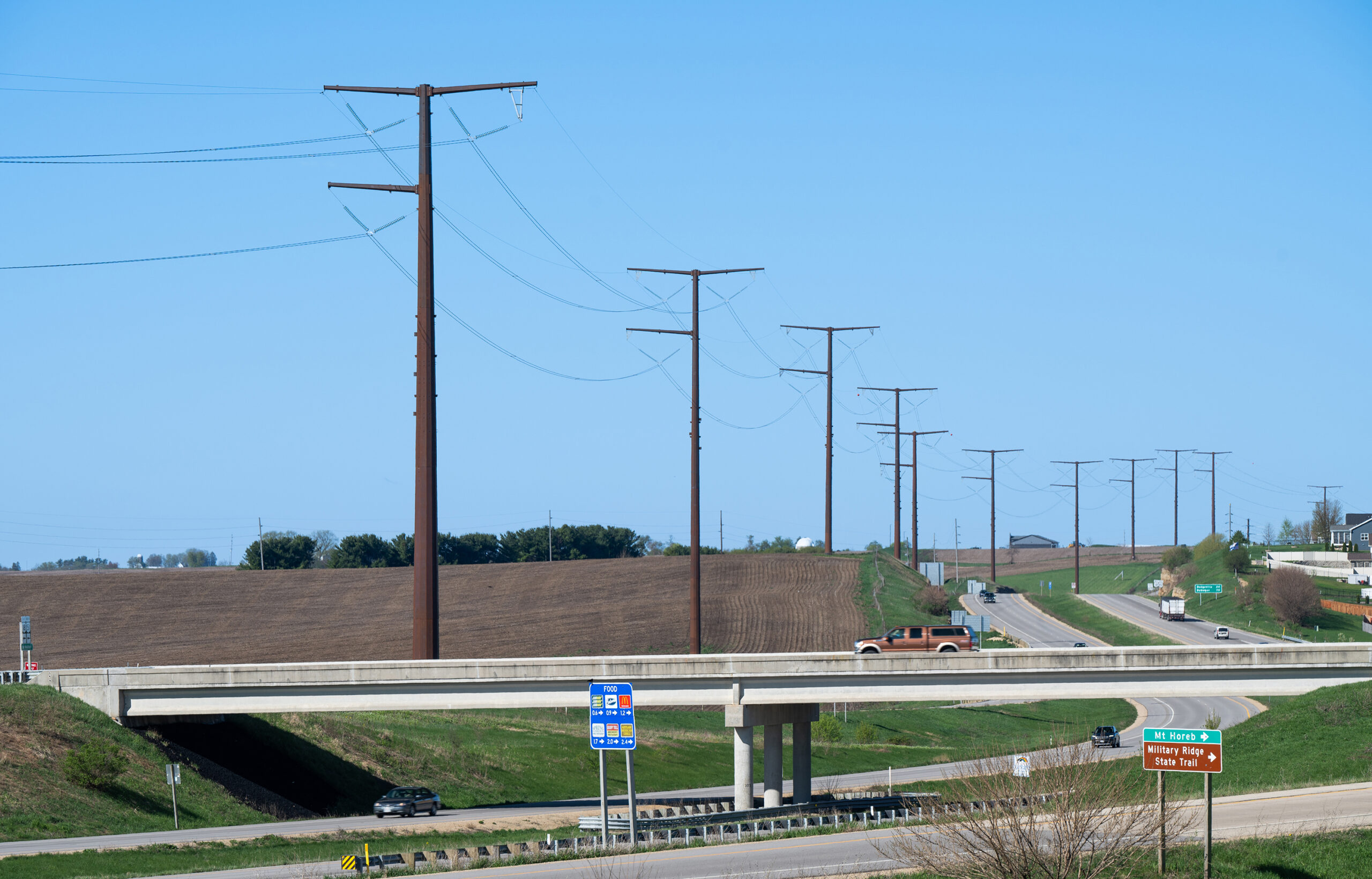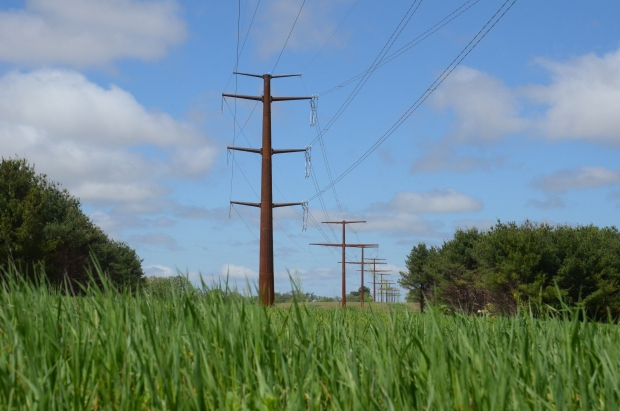A bill limiting competition between companies building new power lines in Wisconsin will head to the state Senate, after passing the Assembly on a voice vote Thursday with no debate.
The legislation would give owners of transmission lines in the state the right of first refusal to build new lines that connect to their existing infrastructure. It comes after the Midwest grid operator approved $10 billion in work on new transmission lines over the next decade, with about $2 billion in Wisconsin.
Supporters of the bill said it will boost the reliability of Wisconsin’s electrical grid and preserve the authority of the state’s Public Service Commission to decide who can own and operate the infrastructure rather than ceding control to out-of-state regulators. Critics said it would eliminate competition, which would drive up electricity prices for customers.
News with a little more humanity
WPR’s “Wisconsin Today” newsletter keeps you connected to the state you love without feeling overwhelmed. No paywall. No agenda. No corporate filter.
Groups supporting the bill include multiple utilities, labor unions and local economic development organizations. One of the utilities lobbying for the bill is American Transmission Co., or ATC, which owns and operates much of Wisconsin’s transmission line system.
Those opposed to the bill include consumer advocacy groups, like AARP and the Citizens Utility Board of Wisconsin, as well as Clean Wisconsin and conservative groups such as Americans for Prosperity and the Wisconsin Institute for Law and Liberty.
After the bill passed the Assembly Thursday, Americans for Prosperity-Wisconsin State Director Megan Novak issued a statement critical of lawmakers, saying the Assembly “sided with utility companies over hardworking ratepayers like you and me.” She called it “crony capitalism,” a term used to describe businesses profiting from a close relationship to the government.
“Their approval of a ‘right of first refusal’ law doubles down on government monopolies, ends competitive bidding and guarantees even higher utility bills many Wisconsinites cannot afford,” Novak said. “Far too many Wisconsinites are already grappling with the consequences of rising energy costs, but today’s vote robbed ratepayers of much needed relief.”
Chris Ventura, Midwest director for Consumer Energy Alliance, a Houston-based nonprofit known for lobbying for the fossil fuel industry, said his organization is in favor of the bill. He said the legislation allows transmission lines to be built in the most timely and cost-effective way possible.
Ventura also said the bill still allows companies to use a competitive bidding process for construction contractors, equipment purchases and construction materials.
“States that do not have right of first refusal, in effect, the time to actually build transmission lines, on average, added about 1,000 days to the project,” Ventura said. “Then to top that off, we’ve seen significant cost overruns and cost escalations that initially weren’t built into the project by the companies that actually won the ability to develop that project.”
Tom Content, executive director of the Citizens Utility Board of Wisconsin, disagreed with Ventura and shared Novak’s concerns about the bill. He said competitive bidding on transmission projects help customers save money because the utilities have to compete with each other for the lowest-cost proposal.
“Utilities shouldn’t need to run to the legislature for protectionist legislation like this,” he said. “They shouldn’t be afraid of competing, and submitting competitive bids to win these projects.”
Three utilities were among the top corporate contributors to Wisconsin political parties and election committees in 2023, according to the nonprofit Wisconsin Democracy Campaign. ATC spent $40,000, Xcel Energy spent $36,000 and WEC Energy Group — the parent company of We Energies and Wisconsin Public Service — spent $36,000, according to the Wisconsin Democracy Campaign.
Each of those utilities are lobbying in favor of the transmission bill, and they’re joined by Alliant Energy, Madison Gas and Electric and Dairyland Power Cooperative. According to WisPolitics, the bill was the most lobbied on piece of legislation in the second half of 2023.
“It’s a real concern when 50 paid utility lobbyists are all asking for the same thing,” Content said. “We think people should hold onto their wallets and call their legislators and say no to this thing.”
The bill now heads to the state Senate. It’s unclear whether Democratic Gov. Tony Evers will sign it into law if it reaches his desk.
If the bill does become law, it could face legal challenges. The Iowa Supreme Court blocked a similar law in that state, but Republicans in the Iowa Legislature are pushing back by trying to pass the bill again, according to the Des Moines Register.
Editor’s note: American Transmission Co. and the Citizens Utility Board of Wisconsin are underwriters of Wisconsin Public Radio.
Wisconsin Public Radio, © Copyright 2026, Board of Regents of the University of Wisconsin System and Wisconsin Educational Communications Board.

